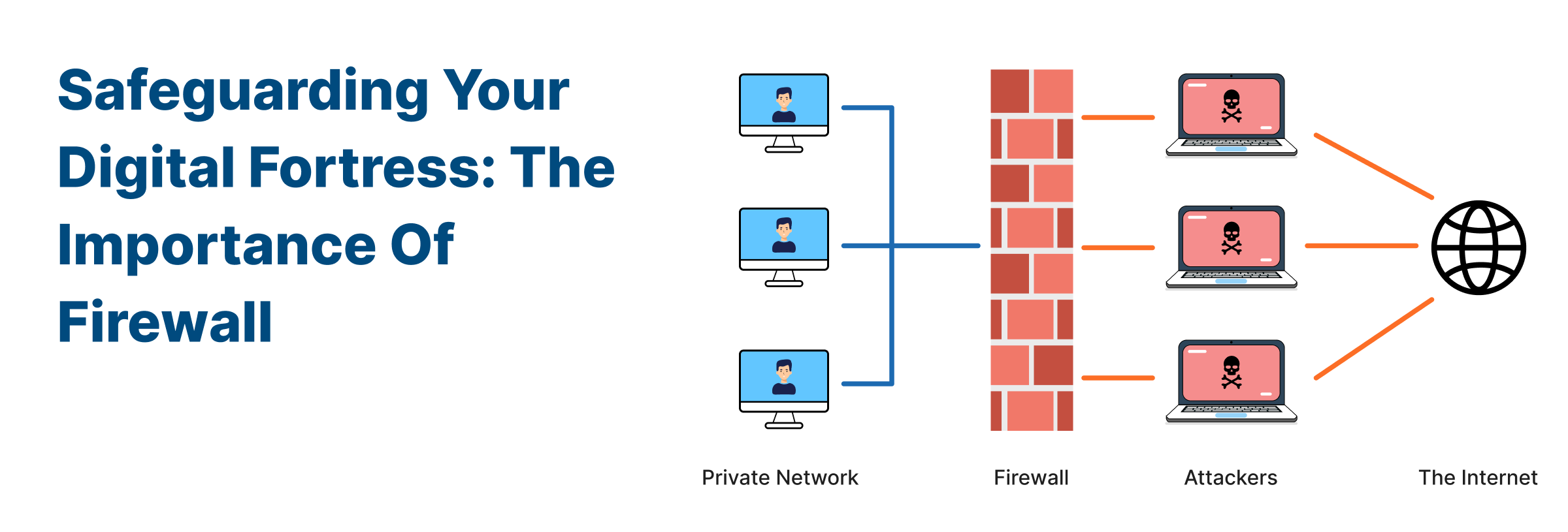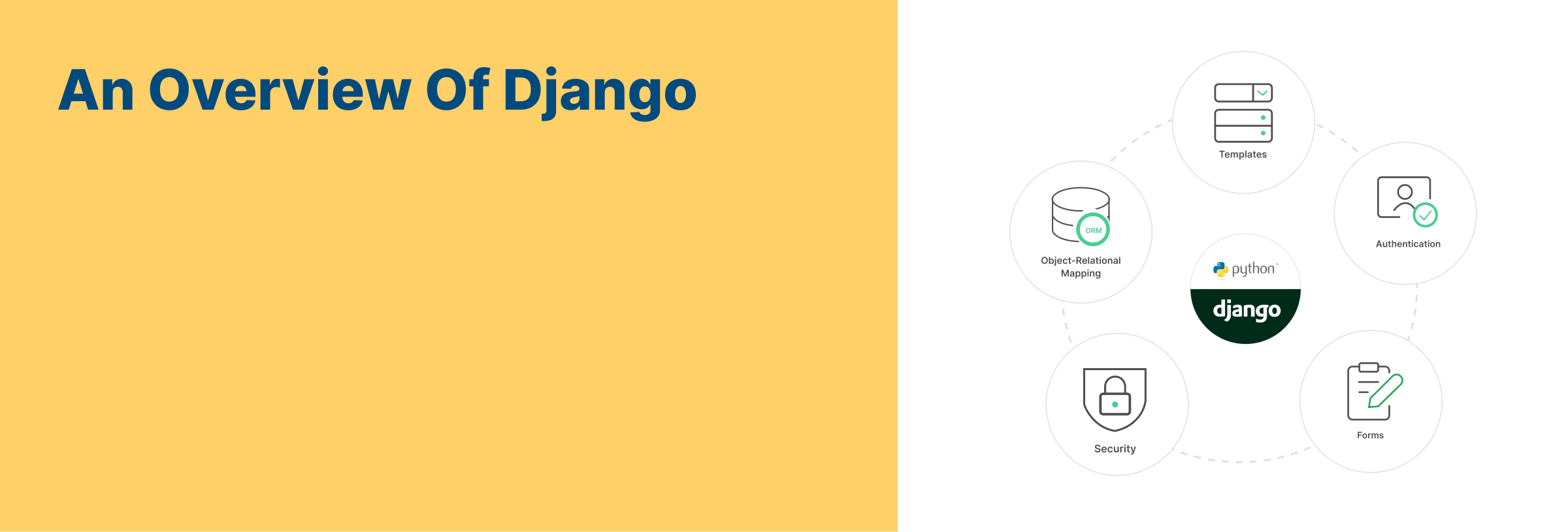The Importance of Firewall
In today’s interconnected digital landscape, where data breaches and cyber threats hide around every virtual corner, safeguarding our digital fortresses has become the first priority.
Firewalls serve as the gatekeepers of our digital domains, standing between our networks and the vast expanse of the internet, scrutinizing every packet of data that seeks entry or exit. Their importance cannot be exaggerated, as they form the first line of defense against endless cyber threats, ranging from malicious hackers to insidious malware.
Functionalities of Firewall
- One of the primary functions of a firewall is to monitor incoming and outgoing network traffic, enforcing security rules to allow or block data packets based on predefined criteria.
- By filtering out harmful traffic, firewalls protect unauthorized access attempts and prevent the spread of malicious software within the network.
- Moreover, firewalls play a crucial role in protecting sensitive data from exfiltration, ensuring compliance with regulatory requirements such as GDPR and HIPAA. By implementing robust access control policies, firewalls restrict access to confidential information, reducing the risk of data breaches and safeguarding the privacy of individuals and organizations alike.
- In addition to their defensive capabilities, firewalls also facilitate network segmentation, dividing large networks into smaller, more manageable segments to contain and mitigate the impact of security incidents. This not only enhances overall security posture but also improves network performance and resilience.
Conclusion
In conclusion, firewalls are indispensable guardians of our digital realms, providing essential protection against a constantly evolving array of cyber threats. By investing in robust firewall solutions and implementing best practices in firewall management, organizations can fortify their defenses and navigate the digital landscape with confidence and peace of mind.





